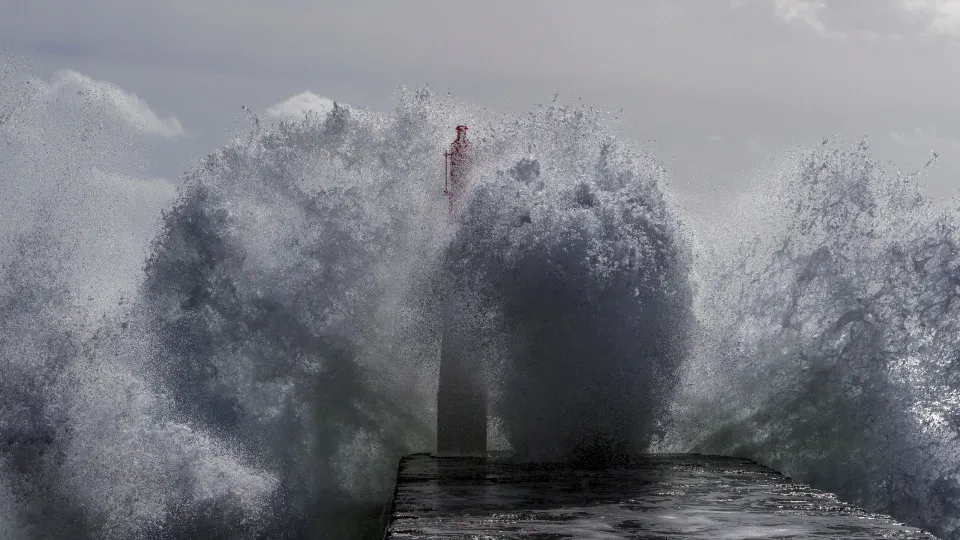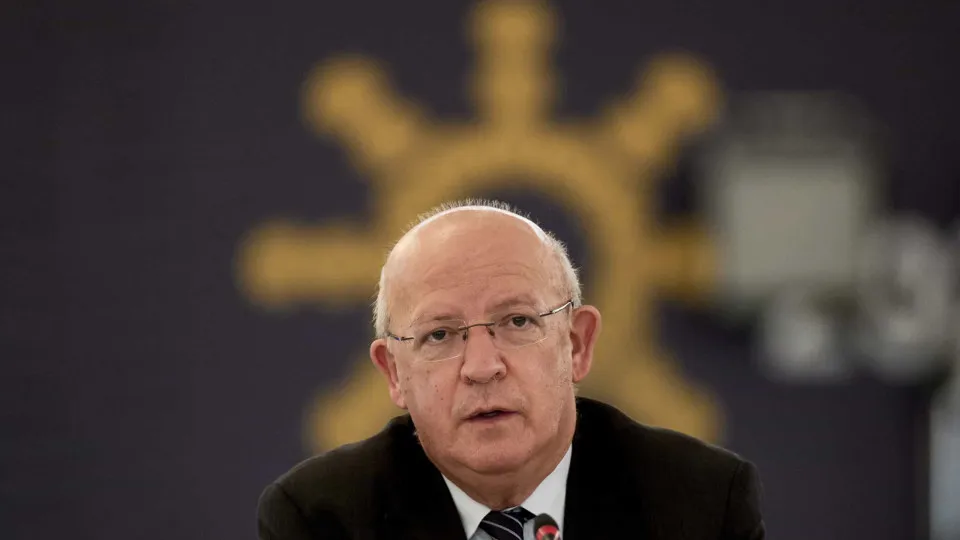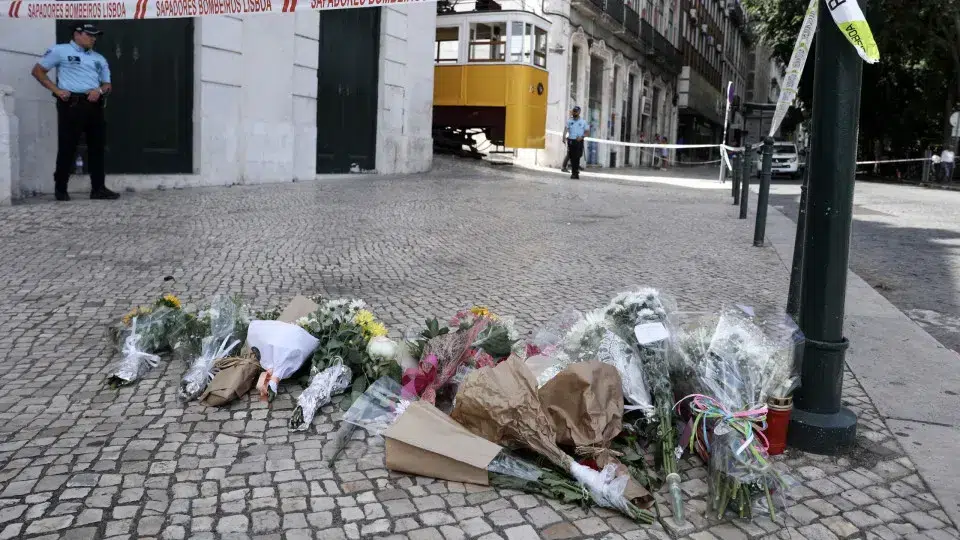
“Technology is not yet at the commercial stage. This means there are still technical problems to be solved regarding the survival [of the equipment], as the positive costs have to withstand the aggressive sea conditions,” explained Luís Gato.
Luís Gato spoke at the opening of the 16th European Wave and Tidal Energy Conference (EWTEC2025), organized by the Instituto Superior Técnico, taking place in Funchal, Madeira, until Thursday. The event gathers around 400 participants from research, industry, investment, and public policy sectors from Europe, the United States, Canada, Australia, Japan, and South Korea.
“We are in the research and development phase at both national and international levels,” he stated, adding, “We have a research group at Instituto Superior Técnico, which has international significance, and we are working in cooperation with European universities and projects from other geographic areas.”
The goal, as he explained, is to develop marine renewable energies, particularly from waves and currents, which are “very predictable,” and to produce electricity on a “large scale.”
Luís Gato mentioned that these are currently pilot projects and there is no convergence of technology yet to standardize the equipment, as occurred with wind turbines, which came to be based on a horizontal axis and three blades.
“We are not truly at a commercial stage (…) as is the case with wind turbines,” he said, emphasizing, “Maybe we need another 20 years to become commercial.”
The official noted that the world’s energy needs are always increasing and that, on the other hand, to meet decarbonization targets, it will be necessary to rely on all renewable energies, even if they are more expensive.
“We know that there is a relationship between Gross Domestic Product and energy consumption, meaning that as countries develop, they require more and more energy,” he explained, stressing that this pressure is currently expressed by China, but also by India and other countries.
“The perspective is that energy is a resource that has to be conserved and will never be cheap. The price of energy is likely to increase,” he warned.
Luís Gato stated that choosing Madeira as the venue for the 16th European Wave and Tidal Energy Conference aimed to “draw attention” from sector leaders, especially policymakers, to the importance of marine renewable energies and to enhance the region’s, university’s, and companies’ involvement in future projects.
“The country, including Madeira and the Azores, has a large exclusive economic zone and has an abundant resource in the sea,” he emphasized.
Meanwhile, the regional director of Environment and Sea, Manuel Ara Oliveira, stated that Madeira is “open to innovation” and highlighted some areas where the region was pioneering, such as the installation of the country’s first wind farm in 1986 on Porto Santo island.
“In renewable energies, Madeira took the risks. Things didn’t always turn out as we wanted, but in most cases, it was very positive,” he said.
In the case of wave and tidal energy, he said there are also opportunities for “mature projects.”
“We need to proceed seriously, due to safety, economic, and social issues,” he cautioned.




